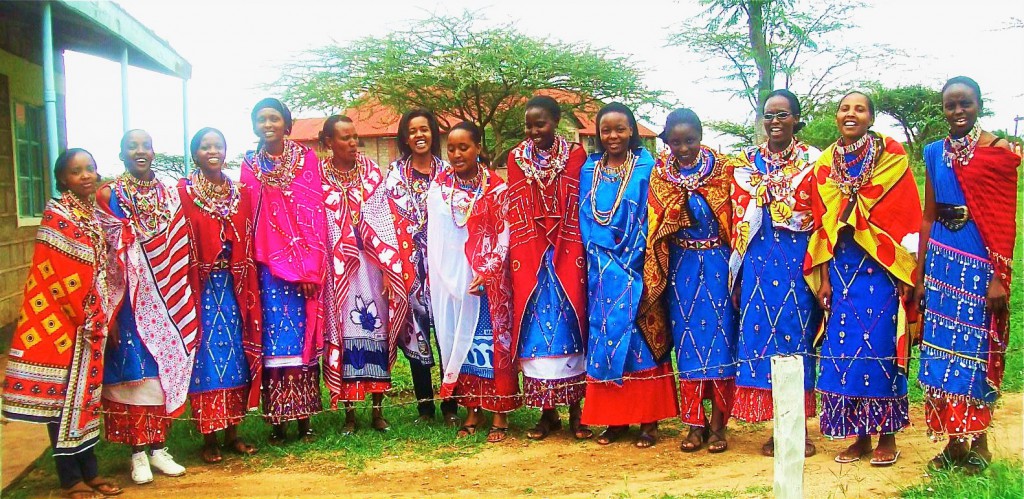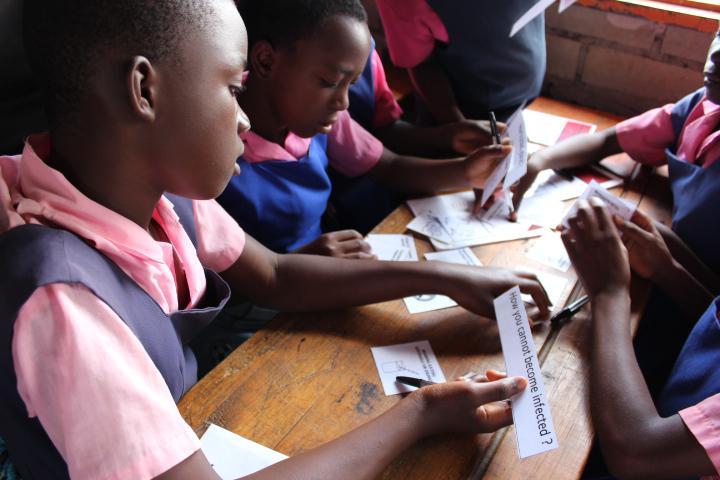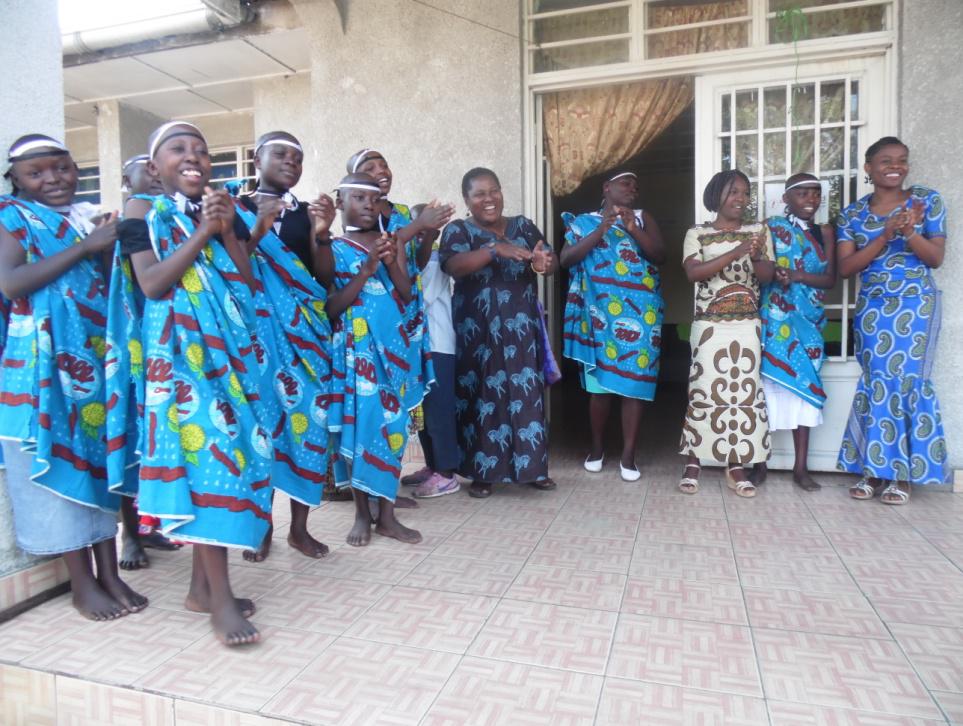In headline news last month, Obama claimed that he plans to abolish the Abstinence-based education system that runs rampant across the United States. While conservatives fight to keep the fear-based program alive, Obama’s move opens the door for a proper discussion about what our sexual education should be.
While my high school didn’t follow the “Abstinence Only” curriculum and I was raised in a household that held healthy dialogues about sex, I certainly remember hearing minatory opinions from several religious teachers who advocated for this program, including: “Smart women wait to have sex until their married”; “Good girls don’t have sex”; “Abstinence is the only way to stay pure”; and, worst of all, “Don’t distract (or encourage) the boys with those thoughts.”
Among the problems with abstinence-based sexual education, the largest is that it promotes a strong sense of shame – particularly in young women – around sex and other natural, healthy desires. Teaching adolescents not to trust the hormonal processes of their bodies, let alone dissuading them from knowing their own bodies FIRST, can promote self-hate and guilt and can easily make for damaged relationships with their self-esteem, with their sexual partners. Additionally, the prejudices that accompany the abstinence-only program prevent necessary information from being taught: anatomy, disease prevention, consent and contraception often end up on the back burner. And when the blame falls on young women for “exciting” young men, this perpetuates the already prevalent shame women feel for having any sexual desire and dangerously promotes rape culture.
Growing up, I and many of my peers learned in school about the anatomy of the human body and how STIs are transmitted, but topics of consent, pleasure, masturbation, sexual identity, fertility, menstruation and even the actual act of sex were never covered.
After living in France for nearly a year and learning about the French sex education system, I am full of admiration. I’ve discovered that sex is not something you only gossip about secretly between close friends, but is, on the contrary, something freely discussed among people with intense sincerity.
In Europe, sex education is based on the idea of sexual enlightenment. The French encourage curiosity and self-discovery. Here, sexuality isn’t seen as an undesired, negative side effect of adolescence, menstruation isn’t veiled in disgust and mystery, and body positivity is inspired in young women and young men.
French students learn not only how to guard against STIs and properly use contraceptives: they also focus on subjects like sexual identity and diversity, rape prevention, masturbation, personal sexuality, and, a great American taboo: pleasure.
The ultimate way to empower girls and women is to give them autonomy over their own bodies, choices, rights, relationships and education. Sadly, there are many parts of the world where this is not always possible, where girls are forced to marry at 11 years of age, where girls can’t go to school because of their periods and girls suffer genital mutilation as a way to control their sexuality and eliminate their desire.
In some ways, we are fighting parallel battles in our modern, developed countries: we shame women for having sex; we shame them for menstruating; we shame them for saying “No” and meaning it.
All of this can be changed in the classroom.
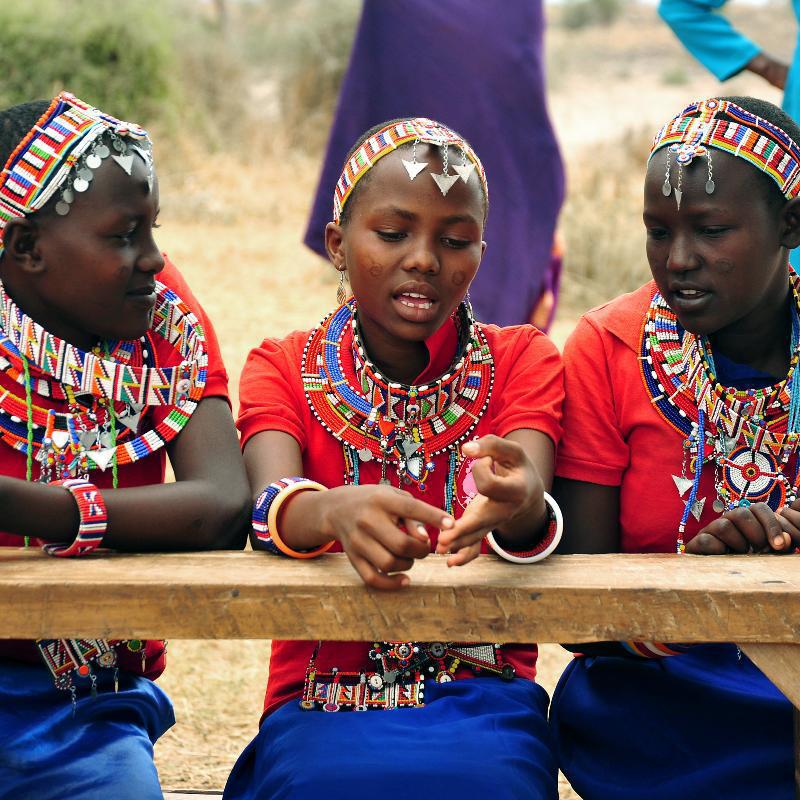
By giving our girls an honest sexual education, we arm them with the tools they need for life. By not only telling them how to protect themselves against AIDS, but also teaching them about consent, sexual identity, their own anatomy and, yes, pleasure, we allow them to govern their own bodies, their own identities, their own minds. Once they understand the reality — not what the media, religious conservatives or their parents may be telling them — and are supported by a secure, clear education, they cannot be shamed by other people. Promoting proper understanding and appreciation of themselves, including their bodies, will protect young people, whatever their gender, in a world that will challenge them throughout their lives.
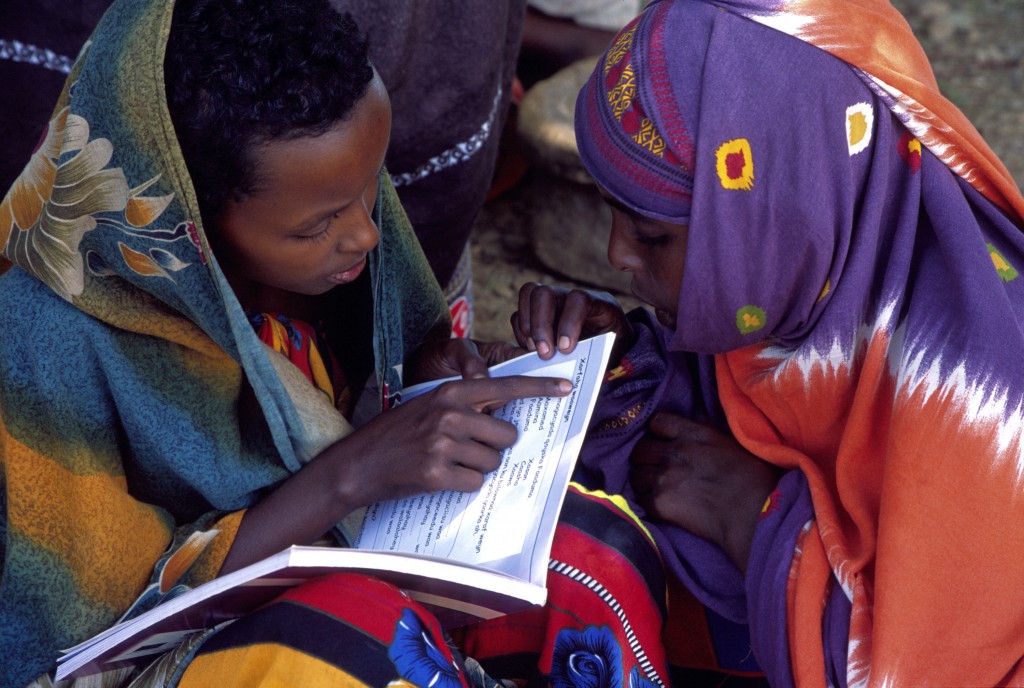
So: open the door for an honest discussion. Ask the hard questions. Be curious. Tell your girl that when she says “No,” it has strength and meaning. Let’s educate our girls, show them the light and the dark, and watch how they shine.
First appeared in Bliss Magazine, June 2016









